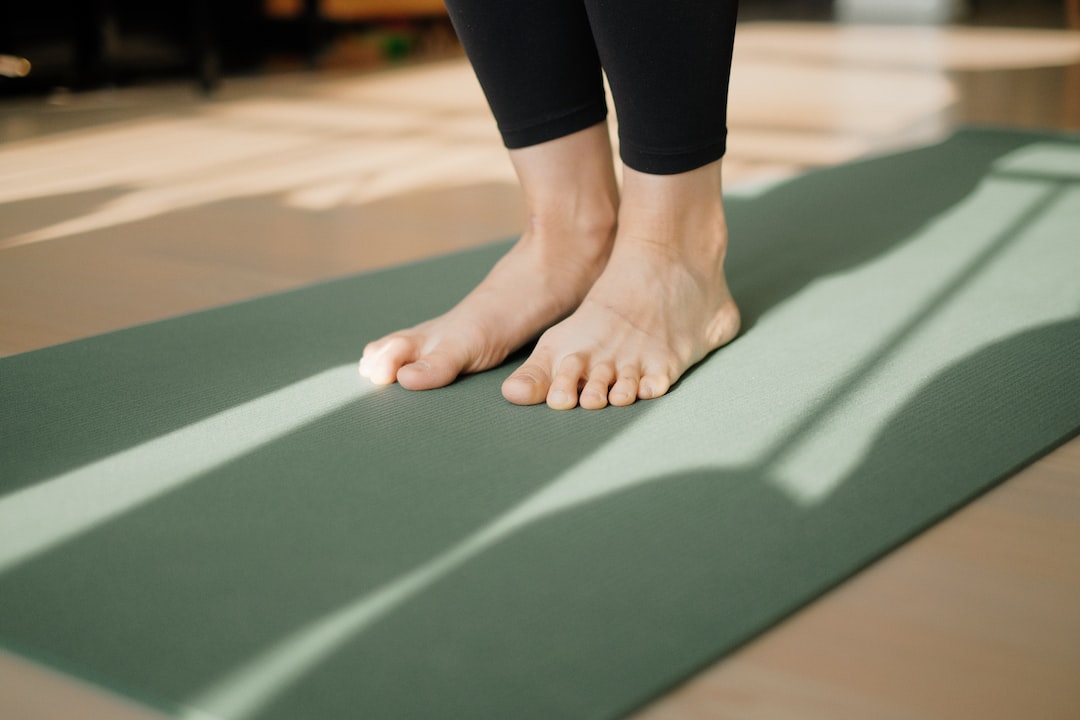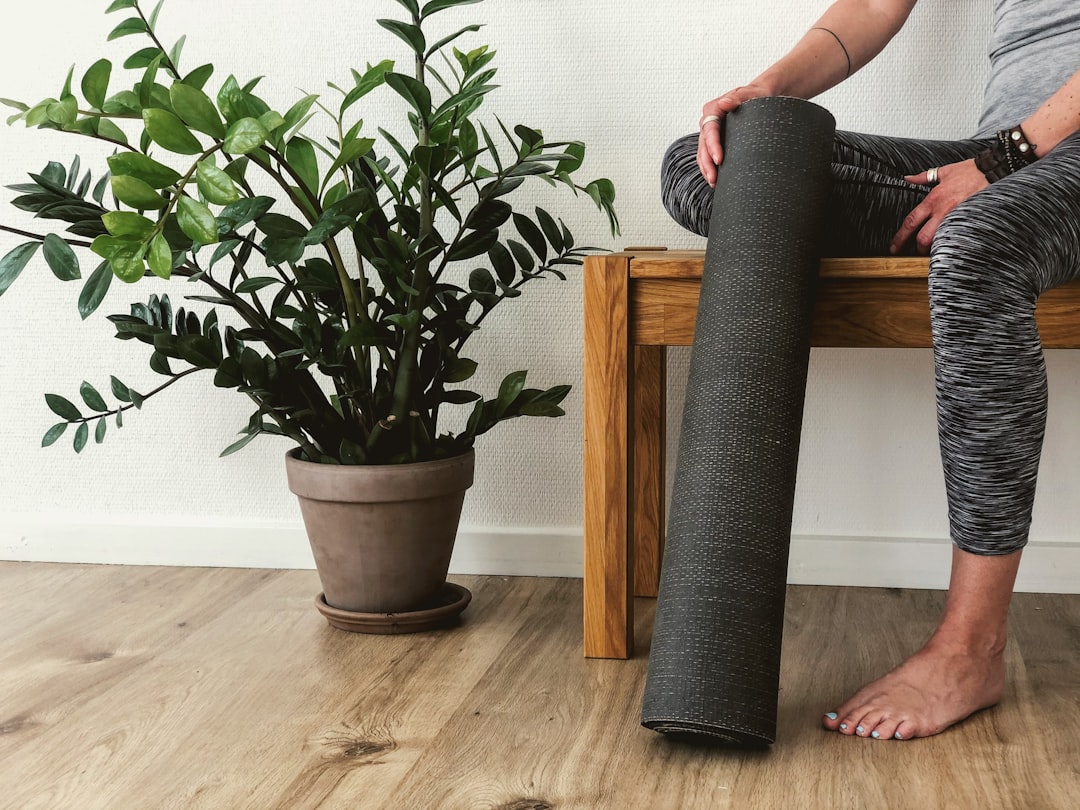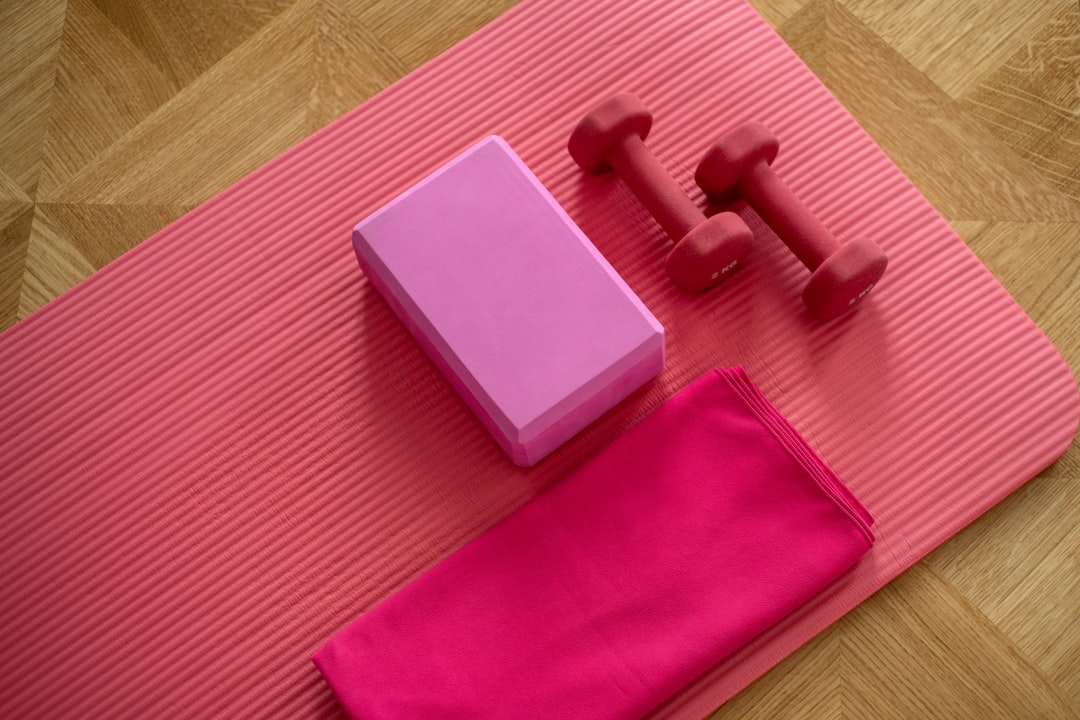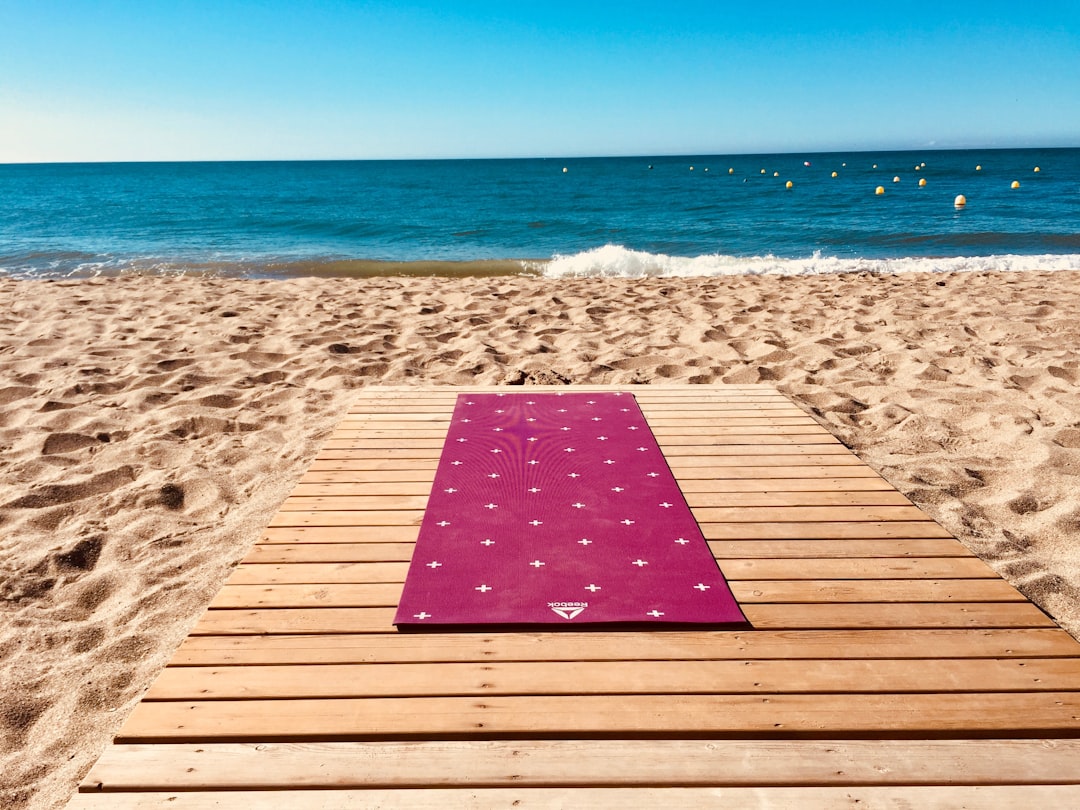Life is a balancing act; we all know that. From managing work and personal responsibilities to maintaining relationships and pursuing hobbies, it can be challenging to find time for everything that matters to us. However, continually neglecting one aspect of our lives in favor of another can lead to burnout and overall dissatisfaction. Therefore, achieving balance is crucial for optimal well-being.
Finding harmony in life is about prioritizing what’s essential and learning to say no to things that don’t contribute to our well-being. It requires constantly evaluating our goals and aspirations and making sure they’re aligned with our values. Achieving balance might not be easy, but it’s achievable.
When we have balance in our lives, we become more productive, calmer, and happier. We also become more focused and efficient as we spend less time worrying about the things we’ve neglected.
In this blog post, we’ll explore seven habits that can help us create balance in our lives while promoting a healthy mind and body. These habits include practicing mindfulness, staying active, making time for self-care, prioritizing sleep, connecting with others, embracing flexibility, and more.
So, let’s dive in and learn how we can achieve balance in our lives!
Practice Mindfulness
Mindfulness is an essential tool for maintaining balance in one’s life. By focusing on the present moment, individuals can reduce stress and anxiety, increase self-awareness, and improve overall well-being. Research shows that mindfulness practice can have a significant impact on mental and physical health, making it a worthwhile habit to cultivate.
There are many ways to practice mindfulness throughout the day, even in the midst of a busy schedule. One simple technique is to take a brief pause and focus on your breath, whether it’s during a workday or a long commute. By observing and regulating the breath, you can calm the mind and improve concentration.
Another way to incorporate mindfulness into daily routines is through meditation or yoga practices. These activities help reduce stress by releasing tension in the body, and they promote a sense of relaxation and calmness.
Aside from these practices, it’s also helpful to build small moments of mindfulness into daily activities. For instance, while washing dishes or walking to work, take a moment to observe the sensations in your body and the world around you. Being present and connected to the moment can be a powerful way to cultivate a sense of inner peace and balanced living.
Overall, mindfulness is a beneficial practice that can help individuals lead happier, healthier lives. By taking time to practice mindfulness, whether through meditation or daily mindful moments, individuals can find a sense of calm and balance amidst life’s stressors. So, start integrating mindfulness practices into your daily routines today and see the positive impact it has on your well-being.
One simple technique is to take a brief pause and focus on your breath, whether it’s during a workday or a long commute.
Stay Active
Physical activity is crucial to maintaining a balanced life. Exercise not only keeps the body healthy but also keeps the mind functioning at its best. Even if you have a sedentary job, there are easy ways to stay active throughout the day. Take mini-breaks and go for a quick walk around the block or stretch during a conference call. Doing this will increase productivity and creativity.
Studies have shown that regular exercise can lower anxiety, depression and symptoms of ADHD. Some people may not have time for a full workout session, but there are other ways to get physical exercise such as hiking, swimming, biking, or even gardening. Engaging in any physical activity for 30 minutes a day can have long-lasting benefits.
A simple habit to implement is taking the stairs instead of the elevator. This small change can help burn calories and increase heart rate. Walking to the store instead of driving or standing up to take a phone call instead of sitting can have a big impact on overall well-being.
It’s important to find a physical activity that you enjoy so that it doesn’t feel like a chore. Whether it’s joining a yoga class or taking a dance lesson, anything that gets your heart rate up for a prolonged period is beneficial. A sedentary lifestyle can lead to many health problems, so it’s crucial to take small steps towards staying active.
Staying active is an essential step towards achieving balance in life. Find ways to incorporate physical activity into your routine, and you’ll see the positive impact it has on your well-being. So, take a walk, run, jog or dance and experience the benefits today.
Some people may not have time for a full workout session, but there are other ways to get physical exercise such as hiking, swimming, biking, or even gardening.
Make Time for Self-Care
Self-care is a crucial component of a balanced and healthy lifestyle. It’s all about taking the time to put yourself first and prioritize your own needs. Many people struggle with this concept, feeling guilty or selfish for taking a break or indulging in some self-care practices. However, self-care is not a luxury, it’s a necessity. It’s essential for your overall well-being, both physical and mental.
There are so many different forms of self-care, and it’s important to find what works best for you. Some people might enjoy a relaxing bath, while others might prefer a challenging workout session. Here are a few ideas to help you get started:
– Schedule “me-time” into your calendar. Make an appointment with yourself and honor that commitment.
– Indulge in a spa day or a massage. Pampering yourself is always a great way to unwind and relax.
– Learn to say “no.” Don’t be afraid to set boundaries and prioritize your own needs.
– Go outside and get some fresh air. Take a walk, hike, or participate in other outdoor activities that you enjoy.
– Explore your creativity. Coloring books, painting, or playing an instrument can be great ways to unwind and express yourself.
– Write down your thoughts and feelings in a journal. This can be a great way to reflect and gain perspective.
Remember, self-care is not a one-time event, but a continuous practice. It’s important to make it a habit and incorporate it into your daily routine. When you take care of yourself, you’re better equipped to handle life’s challenges and stressors. Don’t feel guilty for putting yourself first – it’s one of the most important things you can do for your overall health and well-being.
– Explore your creativity.
Prioritize Sleep
Sleep is often underrated and undervalued in our society, yet it plays a critical role in our overall health and well-being. Adequate sleep is essential for physical, mental, and emotional health. It is during sleep that our bodies repair and rejuvenate themselves, and our brains consolidate memories and process emotions.
The impact of sleep deprivation can be profound. Lack of sleep can lead to cognitive impairment, mood disturbances, decreased immune function, and even obesity and diabetes. In contrast, getting enough high-quality sleep can enhance our mood, memory, learning, and creativity, as well as reduce our risk of chronic illness.
So how can we prioritize sleep in our busy lives? Here are some tips:
1. Stick to a consistent sleep schedule: Try to go to bed and wake up at the same time every day, even on weekends. This helps regulate your body’s internal clock and improve the quality of your sleep.
2. Create a relaxing bedtime routine: Establish a calming evening routine that helps you wind down and signal to your brain that it’s time to sleep. This could involve taking a bath, reading a book, practicing gentle yoga or meditation, or listening to soothing music.
3. Make your bedroom a sleep sanctuary: Create a sleep-conducive environment by keeping your bedroom cool, dark, and quiet. Invest in a comfortable mattress and pillows, and minimize distractions from phones, TVs, and other gadgets.
4. Limit caffeine and alcohol intake: Caffeine and alcohol can interfere with sleep quality and disrupt your sleep cycle. Try to avoid caffeine after mid-afternoon and limit alcohol consumption, especially in the evening.
5. Exercise regularly: Regular exercise has been shown to improve sleep quality, but try to avoid vigorous exercise close to bedtime, as it can be too stimulating.
By prioritizing sleep and adopting healthy sleep habits, we can improve our overall health and well-being. Start by making a commitment to getting enough quality sleep each night and develop a consistent sleep routine that works for you. Your mind and body will thank you for it.
Create a relaxing bedtime routine: Establish a calming evening routine that helps you wind down and signal to your brain that it’s time to sleep.
Connect with Others
Social connection is essential for overall well-being. Just like physical activity, human beings need social interaction to thrive. Research has shown that people who have close relationships with family and friends tend to be happier and healthier than those who don’t. It’s important to note that social connection doesn’t necessarily mean having a lot of friends or being the life of the party; it can mean having just a few close relationships.
There are many ways to build and strengthen social connections. One way is to spend time with loved ones, whether it’s having a meal together, going for a walk, or simply talking on the phone. It’s also essential to be present and engaged when spending time with others. Put away electronic devices and give your full attention to the person in front of you. Another way to build social connections is to get involved in your community. Volunteering, attending local events, or joining a club or group that shares your interests can help you meet new people and form meaningful connections.
It’s important to remember that building social connections takes time and effort. It’s not always easy to put yourself out there or make new friends, but the benefits are well worth it. Building strong relationships with others can lead to greater happiness, lower stress levels, and a sense of belonging.
Incorporating social connection into your daily routine is just as important as any other healthy habit. Take the time to reach out to loved ones, make plans with friends, or attend social events. Remember that social connection is just as vital to your overall well-being as exercise, sleep, and self-care. Start building and strengthening your relationships today, and watch as your overall happiness and well-being improve.
Just like physical activity, human beings need social interaction to thrive.
Embrace Flexibility
Flexibility is a key component of a balanced and fulfilling life. Being adaptable and open to change allows us to navigate the ups and downs of life with greater ease and resilience. Rather than being rigid and fixed in our ways, embracing flexibility provides us with the opportunity to grow, learn, and evolve as individuals. Here are some tips for embracing change and letting go of rigidity:
- Practice mindfulness: Mindfulness helps us stay present in the moment and cultivate a sense of openness and curiosity. By learning to observe our thoughts and feelings without judgement, we can create more space for flexibility and growth.
- Welcome new experiences: Whether it’s trying a new restaurant, taking up a new hobby, or traveling to a new place, stepping out of our comfort zone can help us expand our perspectives and learn new things.
- Let go of control: Trying to control every aspect of our lives can lead to feelings of stress and anxiety. Learning to let go of control and trust in the process can help us feel more relaxed and at ease.
- Be open to feedback: Feedback, whether positive or negative, can help us grow and improve. Being open to feedback and willing to make changes can help us become more adaptable and resilient.
- Cultivate a growth mindset: Instead of viewing challenges as obstacles, cultivate a mindset of growth and learning. See challenges as opportunities for growth and development.
Remember that embracing flexibility is a process, and it takes time and practice to develop these habits. By being open to change and focusing on personal growth, you can create a more fulfilling and balanced life. So why not start today? Take a step outside of your comfort zone, try something new, and embrace the possibilities that come with flexibility.





